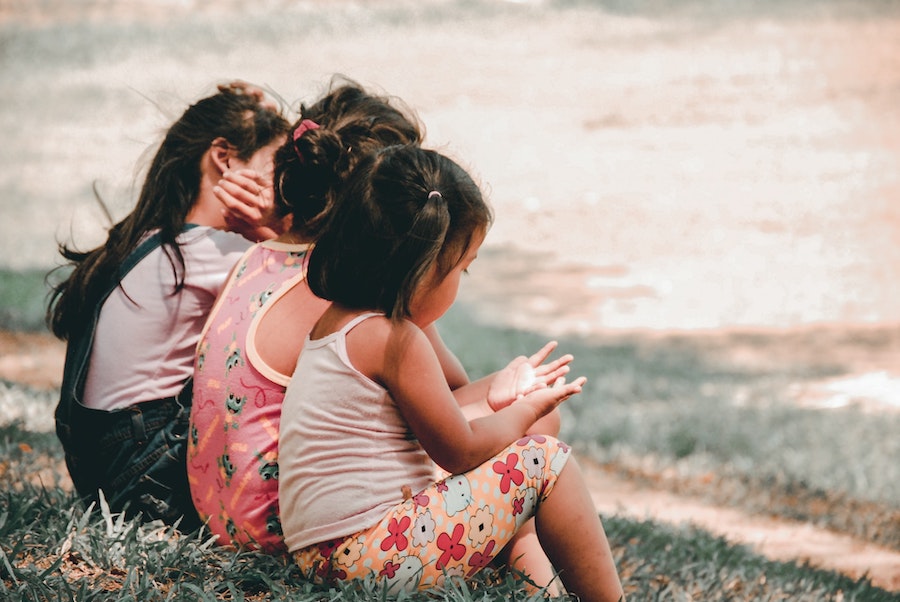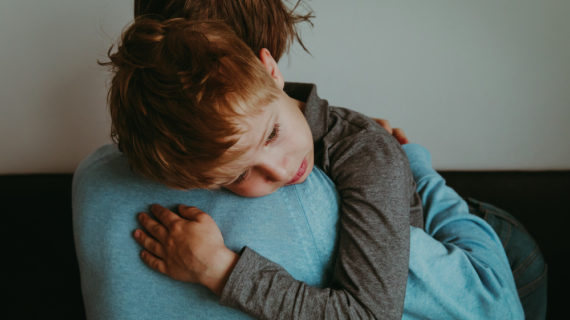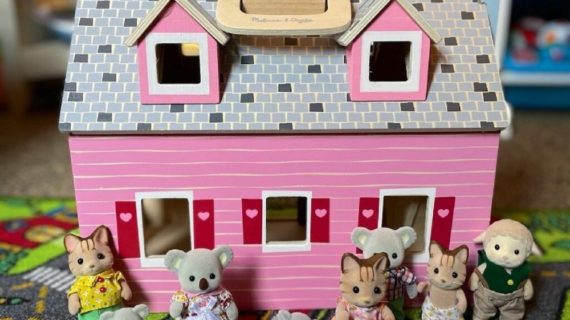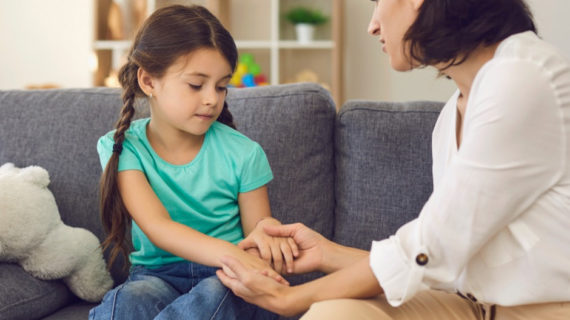
Advice from experts on talking with kids about mass shootings
Much of this article first appeared at NEXTpittsburgh.com, a media partner of Kidsburgh. Sign up here for NEXTpittsburgh’s free newsletter filled with all the latest news about the people driving change in our city and the innovative and cool things happening here. Photo above by Charlein Gracia on Unsplash.
It can be hard to know how to talk with children about scary things — especially things like violence that involves other children. The mass shooting at an elementary school in Texas yesterday is something children may hear about at school today or via social media or through conversations with friends.
So parents may want to be prepared to help their children process this disturbing news.
Several years ago, when a gunman opened fire at the Tree of Life synagogue in Squirrel Hill, we shared an interview done by our friends at NEXTpittsburgh with Dr. Debi Gilboa, a family physician at the Squirrel Hill Health Center. Dr. Gilboa, known as Dr. G, shared her professional advice about talking with kids, and we thought re-sharing her advice today might be helpful to Kidsburgh’s readers.
A mother of four, Dr. G appears frequently on the Today Show to give parenting advice, including this age-by-age guide created for talking with kids about violence. Here’s what Dr. Gilboa had to say:
- If your child is age 8 or younger, and you are confident that they are not going to hear about this shooting somewhere else, Dr. G advises not bringing it up with such a young child. They will struggle to understand.
- If they are going to hear about it or are older, the first step is to process your own emotions and experience away from your kids, if you can.
- Then, for children 7 and under, it may be best to start with one small piece of information: “Some people died this weekend in Pittsburgh.” As they ask you follow-up questions, keep your answers brief and age-appropriate. It’s also very useful to ask your child what they know about the topic – what they’ve heard and what they think they know. Once you’ve discussed that, and they’ve stopped asking questions, she says, then you stop talking.
- It is important to answer all questions that they ask. And give a value to the situation as you discuss it: “It’s sad,” or “We’re thinking about those families.”
- Even as you are discussing something as painful as this subject, you can focus on the positive: Who are the heroes of the story? Take Mr. Rogers’ advice and “look for the helpers.”
- For older kids, find out what they know and ask them how they feel about it. Get their opinions and give them yours. This is a chance to reinforce your values.
- It’s best with younger children, Dr. G says, to avoid letting them see disturbing images of the shooting which can stick in their minds.
- Validate their feelings. And be sure to check back in within a few hours and again in a day.
- Choose action. Doing something makes us all feel better. Attend a vigil, donate to the synagogue, get together with friends to discuss.
- And if your child is having a hard time over the coming days and weeks, keep validating their feelings and spend time doing good with them.
We also wanted to re-share these two articles from the Counseling and Wellness Center of Pittsburgh, which may be helpful:
- If children are talking about death, how can parents best support them?
- A local play therapist’s must-have toys for helping kids express emotions
And here are several other resources that might be useful:
-
Managing Your Youth’s Emotions When You’re Stressed, from the Pennsylvania Dept. of Education
- Common Sense Media’s guide: How to Talk to Kids About School Shootings
For further support, you can explore Kidsburgh’s collection of mental health articles and resources.






